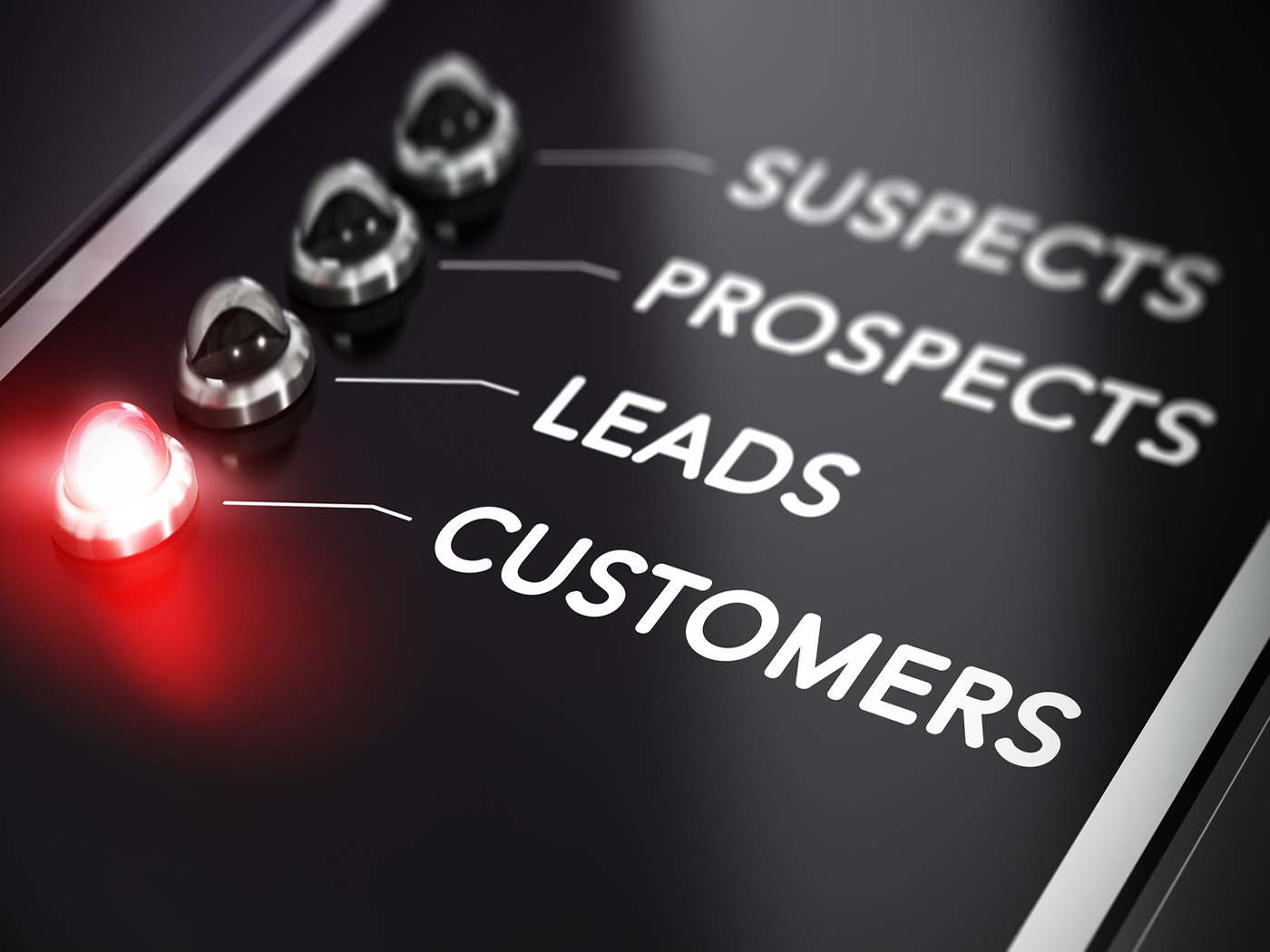Identifying and prioritizing leads is crucial for success. Not all leads are created equal, and investing time and resources into the wrong ones can be costly and inefficient. This is where predictive analytics and lead scoring come into play. By harnessing the power of artificial intelligence (AI) and predictive modeling, businesses can identify their most valuable leads and optimize their sales efforts for maximum impact. In this article, we’ll explore how AI can help you leverage predictive analytics and lead scoring to drive better results and achieve higher conversion rates.

Understanding Predictive Analytics and Lead Scoring
Predictive analytics involves the use of historical data, statistical algorithms, and machine learning techniques to make predictions about future outcomes. When applied to lead generation, predictive analytics can help businesses identify which leads are most likely to convert into paying customers. Lead scoring, on the other hand, is a methodology used to rank and prioritize leads based on their likelihood of conversion. By assigning a numerical score to each lead, businesses can focus their attention on those with the highest potential.
How AI Enhances Predictive Analytics and Lead Scoring
- Data Analysis and Pattern Recognition
AI-powered systems excel at analyzing vast amounts of data quickly and identifying patterns that may not be apparent to humans. By processing data from various sources such as customer interactions, demographics, online behavior, and purchase history, AI algorithms can uncover valuable insights and trends that help in lead scoring.
- Improved Accuracy and Precision
AI algorithms continuously learn and adapt as they process more data. This enables them to refine their predictions and lead scoring models over time, leading to more accurate and precise results. By leveraging AI, businesses can make data-driven decisions and allocate their resources effectively.
- Identifying Buying Signals
AI can analyze customer behavior and interactions to identify subtle buying signals that indicate a lead’s readiness to make a purchase. These signals can include specific website activities, engagement with marketing materials, social media interactions, or even sentiment analysis of customer feedback. By detecting these signals, AI-powered systems can assign higher scores to leads exhibiting stronger buying intent.
- Integration with Customer Relationship Management (CRM) Systems
AI-powered predictive analytics and lead scoring tools can seamlessly integrate with CRM systems, providing real-time updates on lead scores and insights. This integration allows sales teams to prioritize their efforts and engage with leads at the right time and in the most effective manner.
- Streamlining Sales and Marketing Processes
By leveraging AI-powered lead scoring, businesses can optimize their sales and marketing processes. High-scoring leads can be fast-tracked to sales representatives, while lower-scoring leads can be nurtured

